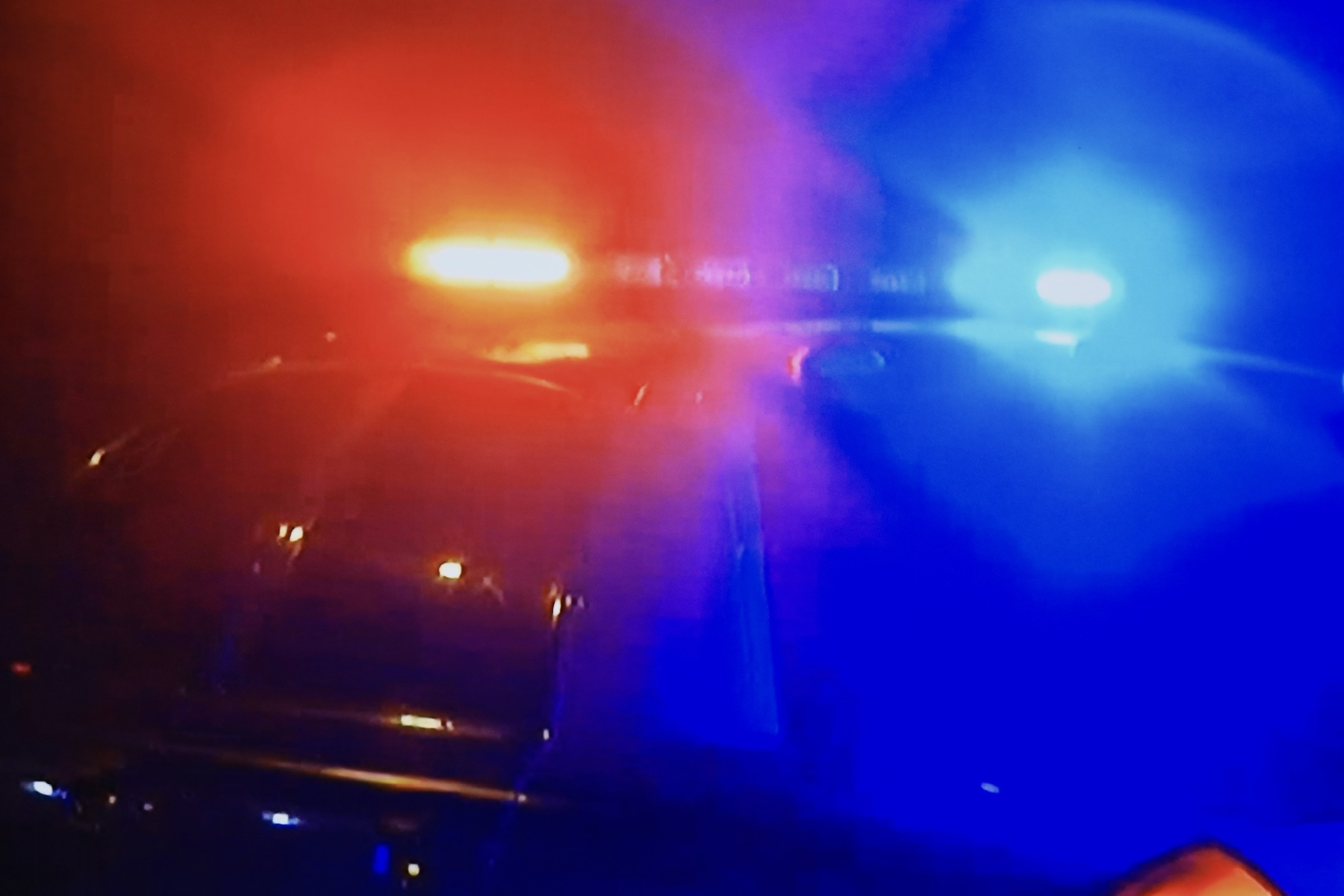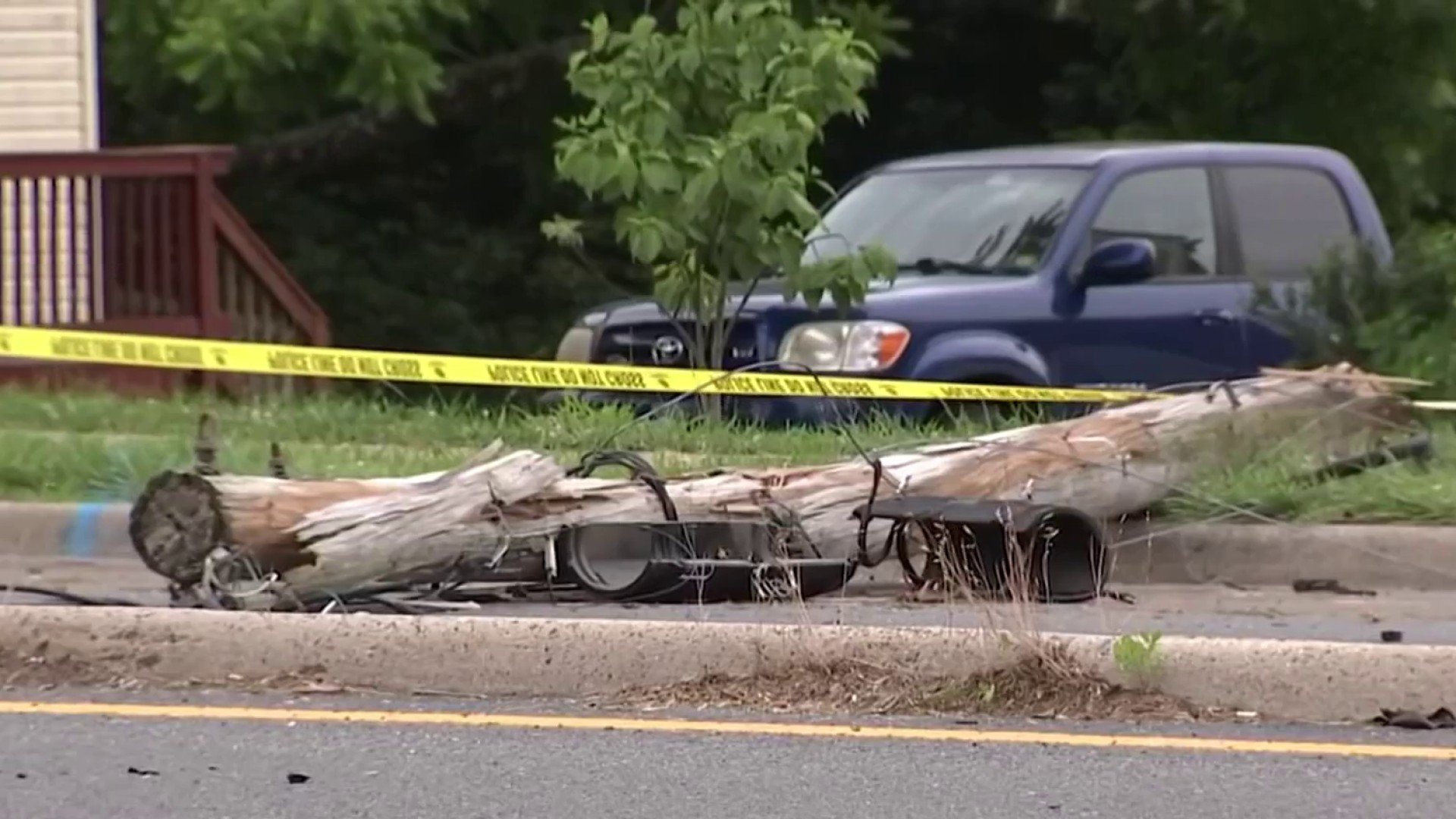It's the wee morning hours, and Steve Flaherty's bedside BlackBerry goes off.
It can't be good news. But the question for the Virginia State Police superintendent -- and those to whom he answers, including the governor -- is just how bad will the news be.
"It could be anything. Sometimes it's a report of a trooper hurt, or a sheriff's deputy or a police officer or a citizen, and when that happens that means that others have been put in harm's way, too," Flaherty said.
Virginia has known world-class mayhem from the hands of humans, including the Virginia Tech massacre of 2007 and the sniper attacks five years earlier. And it's known nature's wrath from deadly flash floods and hurricanes.
In April, governors and their top lieutenants got to ponder a new peril after a blast destroyed an oil rig in the Gulf of Mexico and disgorged thick plumes of crude into the sea that are killing marine life and idling thousands of jobs along the Gulf Coast.
No oil is drilled off Virginia's coast, nor is it likely for many years. But the number of potential calamities that trouble Flaherty, Public Safety Secretary Marla Decker, Virginia Department of Emergency Management Director Michael Cline and Commonwealth Preparedness Director Terrie Suit are staggering.
"The top thing would obviously be in the category of terrorism.
Local
Washington, D.C., Maryland and Virginia local news, events and information
It's especially a concern to me because of the number of military assets in Virginia and the proximity to Washington, D.C.," Flaherty said.
Among those assets is the world's largest Navy base in Norfolk and the Pentagon in the teeming suburbs of Arlington across the Potomac River from Washington.
But a terrorist is more likely to be homegrown, Flaherty said.
It could be someone like Seung-Hui Cho, a deeply troubled Virginia Tech student who killed 32 people on the Blacksburg campus in 2007. Or someone like D.C.-area snipers John Allen Muhammad and Lee Boyd Malvo, whose shooting spree left 10 dead and terrorized Virginia, Maryland and the Capital region in 2002.
Decker, the member of Gov. Bob McDonnell's cabinet who oversees state law enforcement and emergency response, doesn't worry about a horror she can imagine but those she can't.
"What makes me nervous as secretary of public safety is the unknown, what you haven't seen yet, what might happen next," Decker said.
She knows disaster response literally from the ground up because she worked for years as a volunteer emergency medical technician with a rescue squad and has tended to the badly hurt and dying.
In Virginia, some targets are conspicuous. And because they are, contingencies have been planned, reviewed and revised for years, particularly since Sept. 11, 2001. There's the long-standing fear of a bomb triggered during rush hour in the bumper-to-bumper Hampton Roads Bridge Tunnel or of an assault on one of the state's nuclear power plants.
And the intelligence gathered about such threats is more careful than all but a few people can imagine.
Suit said her concerns lie more with the preparedness of ordinary people than with how government will respond.
"Most especially critical, I think, is in Hampton Roads for people to be aware of things they personally need to do to be prepared for a hurricane," said Suit, who lived in Virginia Beach.
"They have to be resilient and prepared until we can get in and start restoring services."
A large hurricane socking Virginia in the mouth of Chesapeake Bay is one of Cline's worst fears. He remembers the havoc Hurricane Isabel caused in 2003 -- a cyclone that came ashore in North Carolina and was downgraded to a tropical storm shortly after its eye crossed into Virginia.
"A Category 3 or Category 4 hurricane that makes direct landfall in Hampton Roads -- we know for a fact that that would destroy thousands and thousands of houses," Cline said.
But he is mindful that Virginia's deadliest natural disaster, the remnants of Hurricane Camille, killed 150 people in 1969 after it entered Virginia from the west, unleashing mudslides and flooding. And it reminds him that disasters are unpredictable.
Hurricanes could also cause an environmental horror in Chesapeake Bay because of the cluster of aging and abandoned oceanic oil tankers moored in the lower James River near Newport News. Should a storm break them apart and scuttle the derelict ships, it could release oil and toxins that would poison the lower Chesapeake Bay for years.
"We do have plans for that, though. Those tankers don't have full loads of oil. And we have absorbent booms and skimmers in place, and they're ready if one of those things runs ashore," Cline said.
But it doesn't make Flaherty sleep any easier. He knows his BlackBerry is going to wake him up most nights with an e-mail or a text message or a phone call.
"And on the nights when it doesn't, I still wake up because I think I have to check it and make sure it's working," he said.



